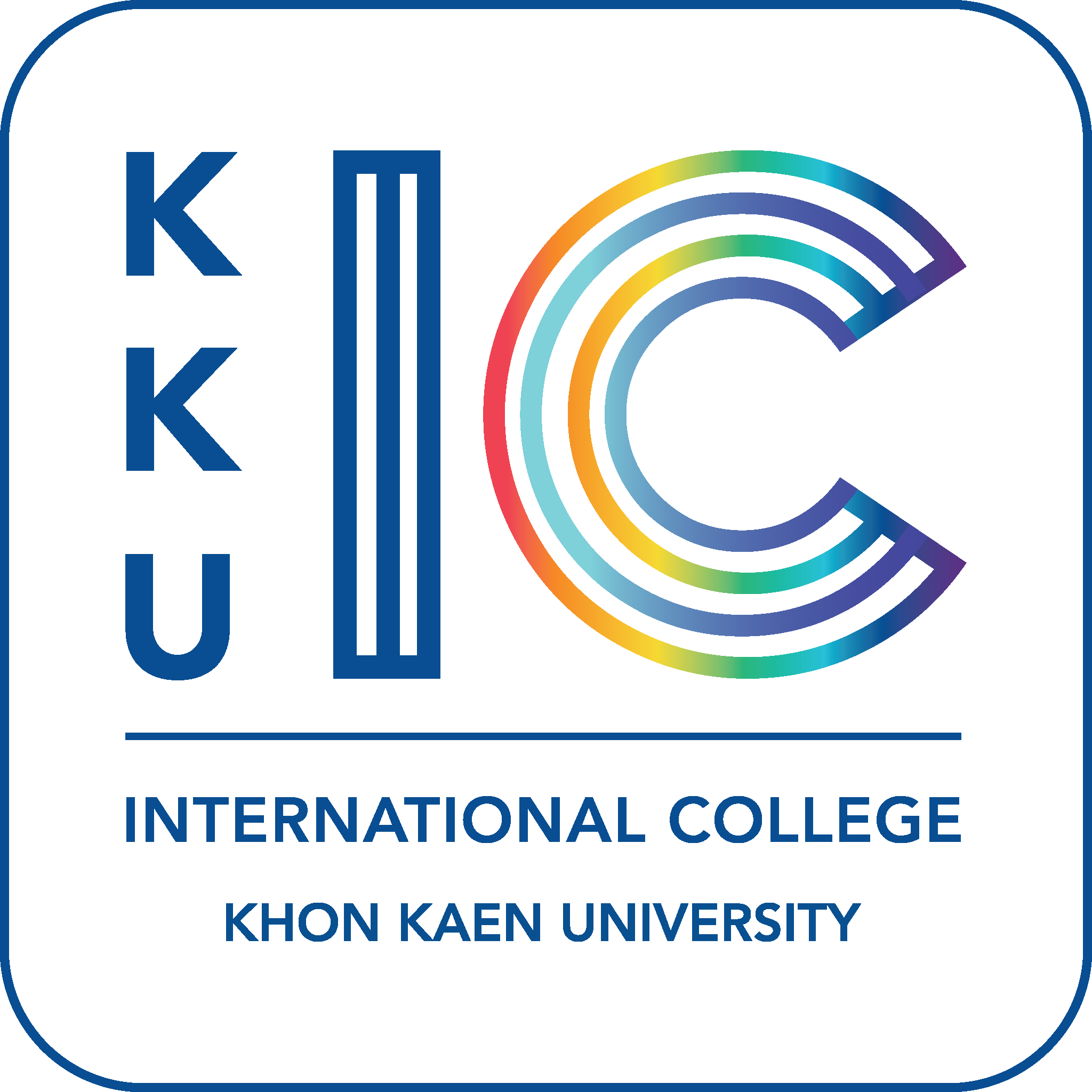- Home
- Research
- Research Publications
RESEARCH AREAS
Research AREAS
Business and Management

1. Consumer Behavior and Marketing
The Consumer Behavior and Marketing research area encompasses mental and physical activities that consumers engage in when searching for, evaluating, purchasing, and using products and services. Moreover, the area links the producers, customers, and end users to the marketer through information used to identify and define marketing opportunities and problems; generate, refine, and evaluate marketing actions; monitor marketing performance; and improve understanding of marketing as a process.

2. Management of Technology and Innovation
The Management of Technology and Innovation research area offers an understanding of the management of technology and innovation in a dynamic integrated system connected to organizational culture, knowledge management and value creation. To enhance the understanding of the hypercompetitive industrial markets of the globe. It also focuses on how technological innovation can lead to wealth creation. In doing so, it weaves wealth creation with other seminal concepts of social capital, human capital and knowledge management. Additionally, It outlines a few technologies and approaches that are useful in technology management.

3. Finance and Economics
The Finance and Economics research area concerns with consumers’ and firms’ decisions on financing economic choices. It covers pricing of financial instruments and the interaction between financial markets and the economy. Furthermore, the area studies on economics that its center focuses on society by evaluating how humans use their resources to produce valuables. The study involves analyzing how the produced valuables are distributed among different society members to make society a better place.
Social and Political Sciences

1. Tourism and Hospitality Management
The Tourism and Hospitality Management research studies on an understanding of how the Tourism and Hospital industry operates in different forms and its main characteristics, for instance, products and services, communication with customers and staff, relationship building by developing repeat customers or learning in cultural diversity and labour. Also, It covers an understanding of the relationship between the hospitality industry and the tourism sector, as well as an overview of different career prospects and opportunities available in the hospitality industry.

2. Communications and Linguistics
The research area of Communications and Linguistics covers a wide range of studies on phonetics, phonology, morphology, syntax, semantics and pragmatics as well as conversational analysis, first and second language acquisition, language pedagogy, translation and translation studies, interpreting, business communication, health communication, neurolinguistics, psycholinguistics, sociolinguistics and text linguistics. Adjacent areas such as cognition, philology, rhetoric and semiotics are also included. The research area furthermore offers a fruitful collaboration between the traditions of functional and formal linguistics.

3. Political Sciences
Political Sciences research area concerns the allocation and transfer of power in decision making, the roles and systems of governance including governments and international organizations, political behaviour and public policies. They measure the success of governance and specific policies by examining many factors, including stability, justice, material wealth, peace and public health. The study of politics and policies can be closely connected, for example in comparative analyses of which types of political institutions tend to produce certain types of policies.
Science and Technology

1. Agricultural and Biological Sciences
The Agricultural and Biological Sciences research area disseminates the agricultural science which is a broad multidisciplinary field of biology that encompasses the parts of exact, natural, economic and social sciences that are used in the practice and understanding of agriculture. Moreover, this area also covers the part of biological science that forges important links between basic science and innovative research. It is committed to enhancing front-line studies in almost all aspects of modern biology: Neuroscience in health and disease, Infectious Disease, Structural Biology, Oncology, DNA Repair and Genomic Stability, Systems Biology and Bioinformatics, Immunology, Enzymology, Reproductive and Developmental Biology, Diverse Ecological Studies and so on.

2. Animal Science and Zoology
The Animal Science and Zoology research area studies a broad understanding of the current field of zoology with an emphasis on the development of practical and evidence-based decision-making skills. Furthermore, there is a strong focus on unique importance in the global environment, and the exploration on the potential effects environmental change which may have on the evolution, disease and physiology of animals and adaptations to a changing environment. The social and economic impact that human activity has on animals and their ecosystems will also be highlighted.

